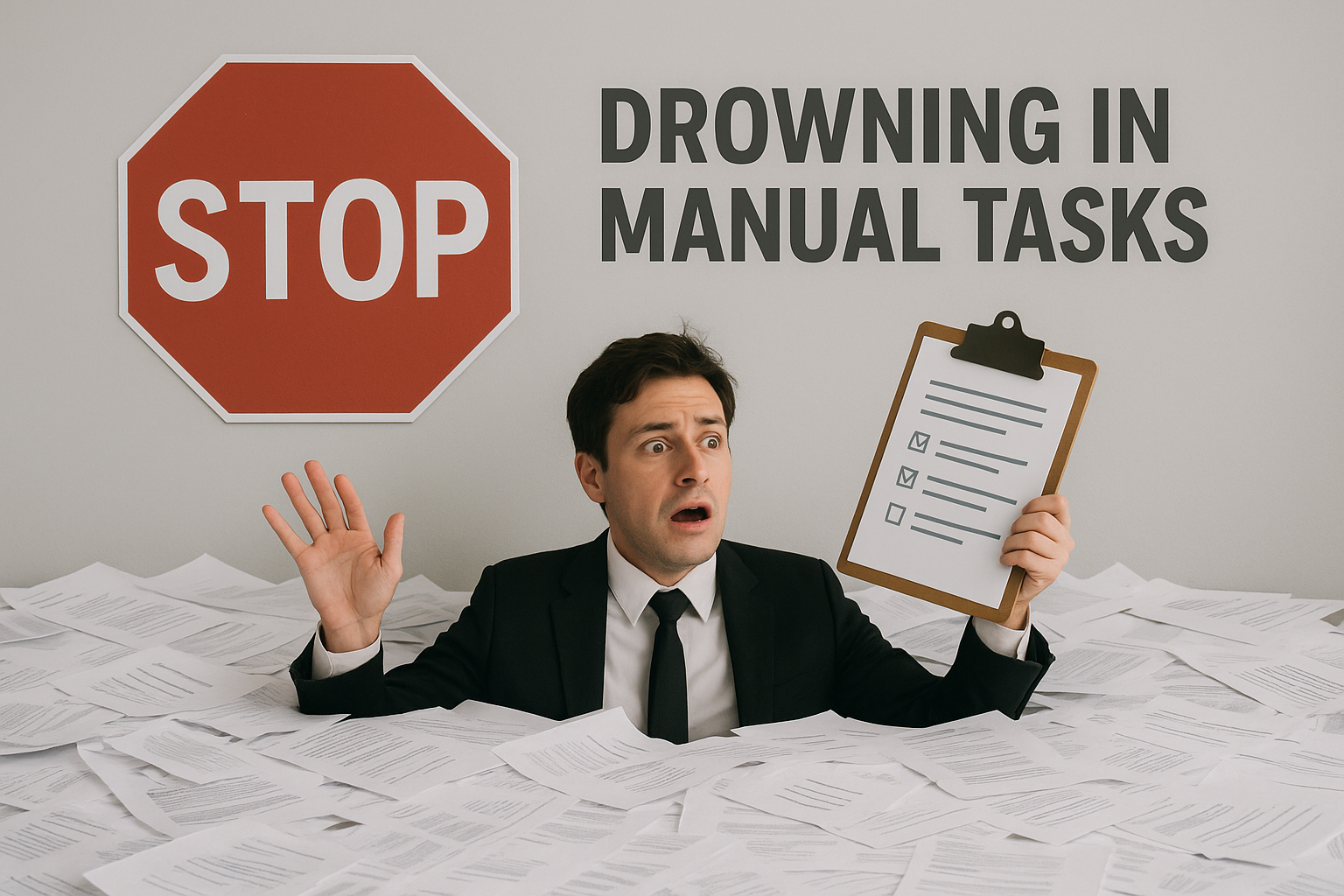Personal services income (PSI) is income produced mainly from your personal skills or efforts as an individual.
You can receive PSI in almost any industry, trade or profession. However, some common examples include financial professionals, information technology consultants, engineers, construction workers and medical practitioners.
PSI does not affect you if you're an employee receiving only salaries and wages.
Income is classified as PSI when more than 50% of the amount you received for a contract was for your labour, skills or expertise.
The first thing you need to do is work out if any of your income is classified as PSI. If it is, you then need to work out if special tax rules (the PSI rules) apply to that income. There's a series of steps to follow to help you do this.
If the PSI rules apply , they affect how you report your PSI to the ATO and the deductions you can claim.
If the PSI rules don't apply , your business is a personal services business (PSB). When you're a PSB, there are no changes to your tax obligations, except that you need to declare any PSI on your tax return.
You can receive PSI even if you're not a sole trader. If you're producing PSI through a company, partnership or trust and the PSI rules apply, the income will be treated as your individual income for tax purposes.
'You' or 'your business' means you as a sole trader or the entity you operate through (whether that is a company, partnership or trust).
Find out about:
Source: ATO 30 March 2017
If you have any questions about how PSI applies to you, please don't hesitate to contact Liz Gibbs at Robert Goodman Accountants on 07 3289 1700.









